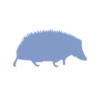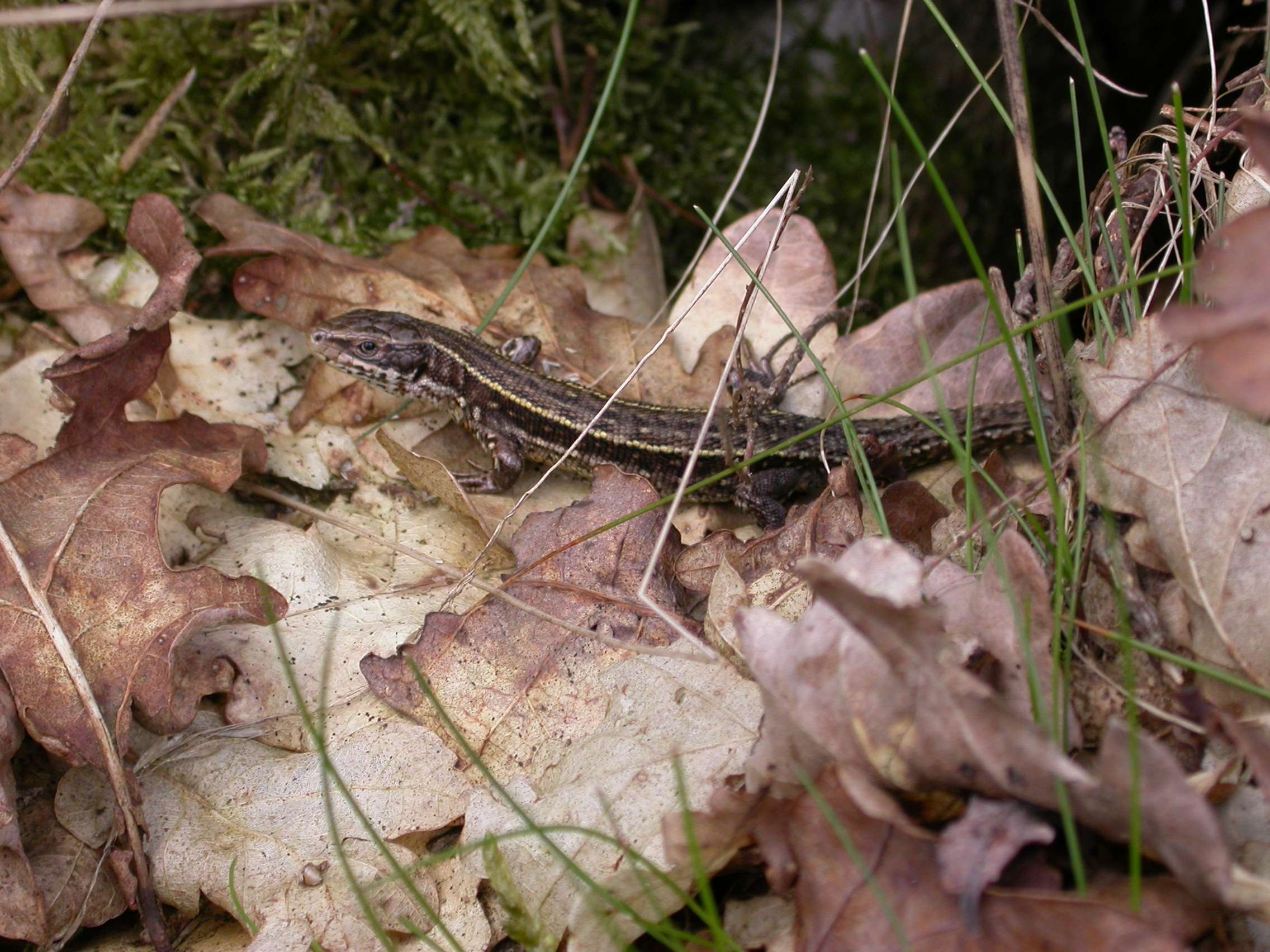You should report the dead garden wildlife to us at Garden Wildlife Health. These reports are critical in helping us to understand the disease threats to British wildlife, even if you are unable to submit a carcass. Do not handle sick or dead wild animals directly. If you need to move a dead wild animal, wear disposable gloves or a plastic bag over your hand, and wash your hands thoroughly with soap and water afterwards or if any contact was made with e.g. droppings, feathers or other material that has touched the carcass.
Veterinary approval is needed for carcass submission. During the reporting process you will be asked if you are willing to submit a body for post-mortem examination. Do not submit a carcass until you have received confirmation from the vets and have printed the unique submission label.





